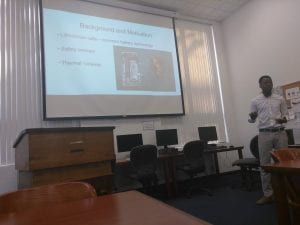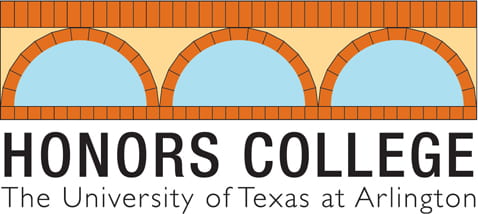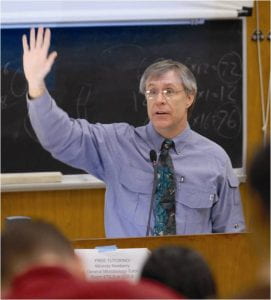 The 2018 Spring Honors Research Symposium (HRS) is coming up this Friday, April 20, from 1 to 5 p.m. on the second floor of the University Center. 39 students will present this year ranging on topics from architecture, linguistics, biology, and more! The event is open to the university community, and current Honors students are encouraged to support their peers as they present their Senior Projects. The CAB Reading Room will close at 10 a.m. this Friday April 20. It will reopen at 8 a.m. on Monday April 23.
The 2018 Spring Honors Research Symposium (HRS) is coming up this Friday, April 20, from 1 to 5 p.m. on the second floor of the University Center. 39 students will present this year ranging on topics from architecture, linguistics, biology, and more! The event is open to the university community, and current Honors students are encouraged to support their peers as they present their Senior Projects. The CAB Reading Room will close at 10 a.m. this Friday April 20. It will reopen at 8 a.m. on Monday April 23.
The symposium is a required part of the Honors College curriculum as a final showcase of students’ academic achievements in a professional setting. Students give twelve-minute presentations of their research and field questions from evaluators and members of the audience. Presentations varied in topic and style. See the schedule and abstracts here.
The Honors College hit a milestone last year at the HRS with 41 students presenting — more than ever before.



